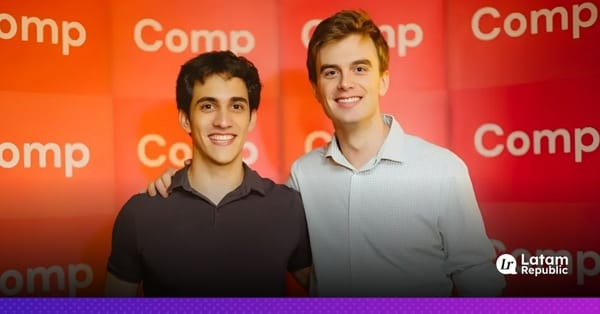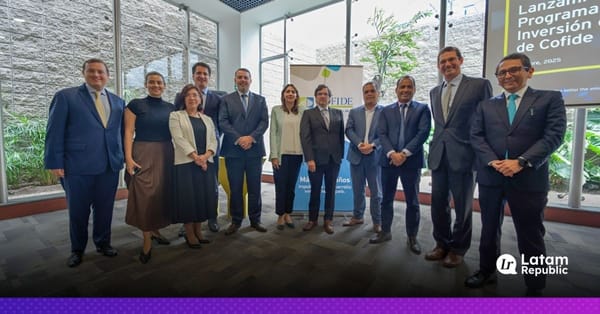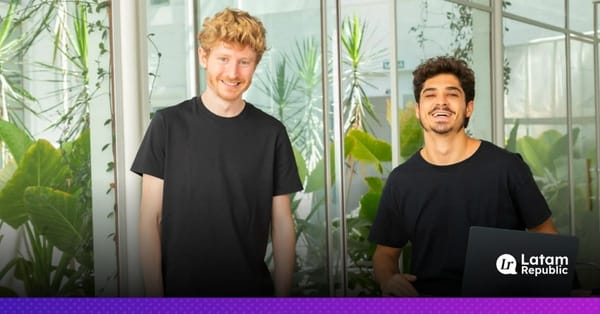Mario López Estrada Foundation launches Concrete Floors Project in Guatemala
Mario López Estrada Foundation launches the Concrete Floors Project in Huehuetenango, Guatemala, linking social impact and poverty reduction.
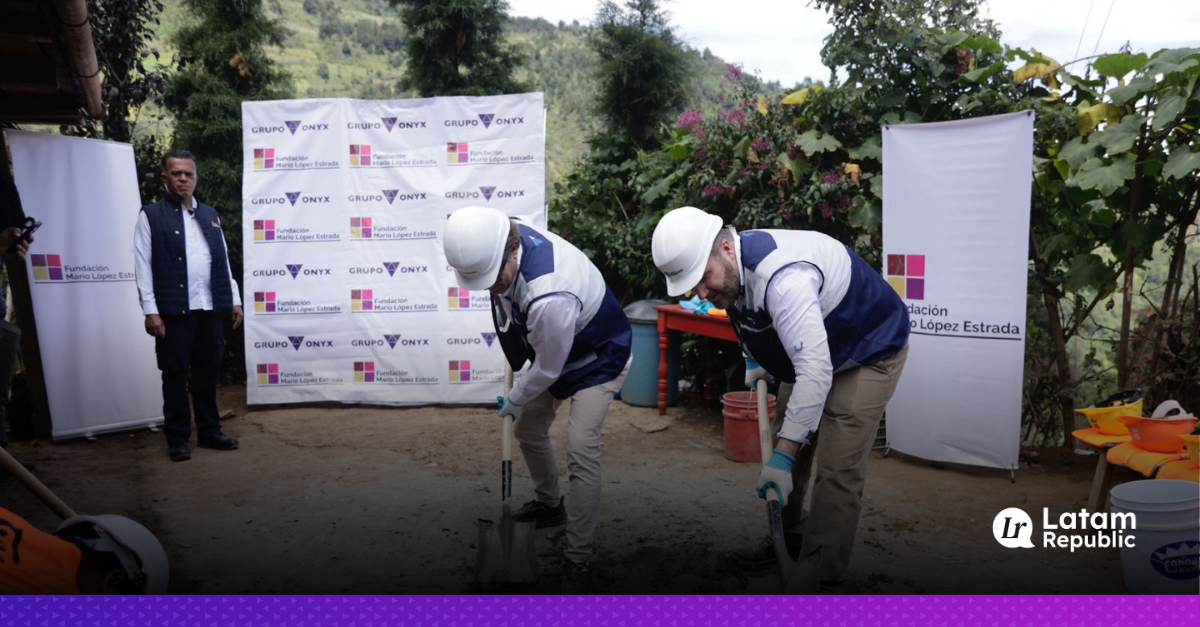
The Mario López Estrada Foundation, the social arm of Grupo Onyx, has launched the Concrete Floors Project in Huehuetenango, Guatemala. With an investment of $1 million, the initiative aims to replace 2,245 dirt floors with concrete ones, each covering 30 square meters, in the municipalities of Chiantla and Aguacatán. Developed in partnership with Habitat for Humanity Guatemala, the project will be completed within 16 months.
By providing safer and healthier living conditions, the foundation is addressing poverty reduction and contributing to the fight against chronic malnutrition. This effort reflects a broader commitment to community development in Latin America and positions the Mario López Estrada Foundation as a key driver of sustainable social impact in Guatemala.
Concrete Floors Project: Building better living conditions
The project was unveiled with the participation of Tobin Bradley, U.S. Ambassador to Guatemala, highlighting its significance at both local and international levels. Replacing dirt floors with concrete is not only an infrastructural improvement. It reduces exposure to diseases linked to poor sanitation and creates safer environments for families living in extreme poverty.
Key elements of the initiative include:
- Construction of 2,245 concrete floors across households in Huehuetenango.
- A 16-month timeline executed by Habitat for Humanity Guatemala.
- Direct investment of $1 million by the Mario López Estrada Foundation.
By linking health, safety, and dignity, the Concrete Floors Project represents a concrete step toward poverty reduction and improved quality of life.
Nutrition for Prosperity: a comprehensive approach
The Concrete Floors Project is part of a larger vision carried out through the Nutrition for Prosperity program, launched in 2020. This initiative seeks to reduce chronic malnutrition in children under five and pregnant women by focusing on three interconnected areas:
- Food availability through family gardens, goats, chickens, rabbits, and improved stoves.
- Health and nutrition via training on hygiene, nutrition, and animal care.
- Sustainability through small-scale entrepreneurship and skills training.
The foundation also operates the Caprine Center, where high-genetic goats are bred to provide milk and strengthen food security. Each year, the center donates around 200,000 glasses of goat milk to rural schools, an orphanage, and a local health center. Families also receive goat offspring, creating new income opportunities and encouraging sustainable entrepreneurship.
Community development in LATAM: long-term vision
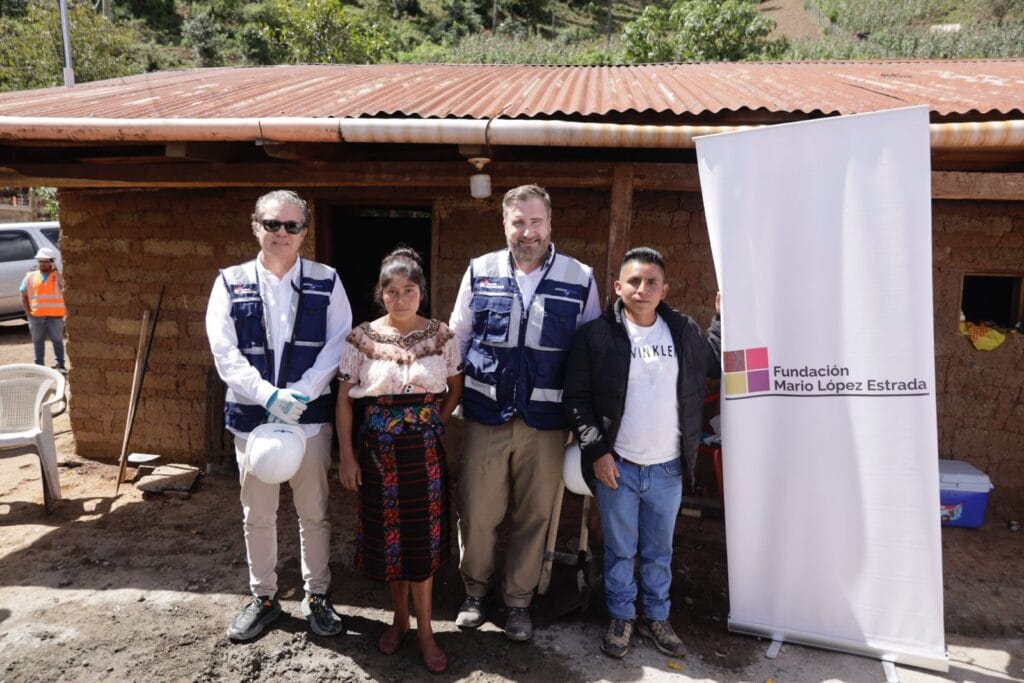
The efforts of the Mario López Estrada Foundation demonstrate how social impact in Guatemala can be achieved through integrated strategies that combine infrastructure, nutrition, and entrepreneurship. By addressing the root causes of poverty, these initiatives foster resilience and open pathways to long-term community development in Latin America.
Through its $1 million Concrete Floors Project and the wider Nutrition for Prosperity program, the foundation proves that targeted investment can generate transformative change. More than providing physical improvements, it empowers families with tools to build sustainable livelihoods, reinforcing the foundation’s role as a catalyst for poverty reduction in vulnerable regions.
The launch of the Concrete Floors Project by the Mario López Estrada Foundation is more than a construction effort; it is a model of how strategic social investment can reshape communities. By linking infrastructure improvements with nutrition and sustainability programs, the initiative provides a roadmap for impactful development in Guatemala. In doing so, the foundation strengthens its position as a regional leader in community development in LATAM, showing that long-term, well-designed projects can drive real progress in poverty reduction and social well-being.

